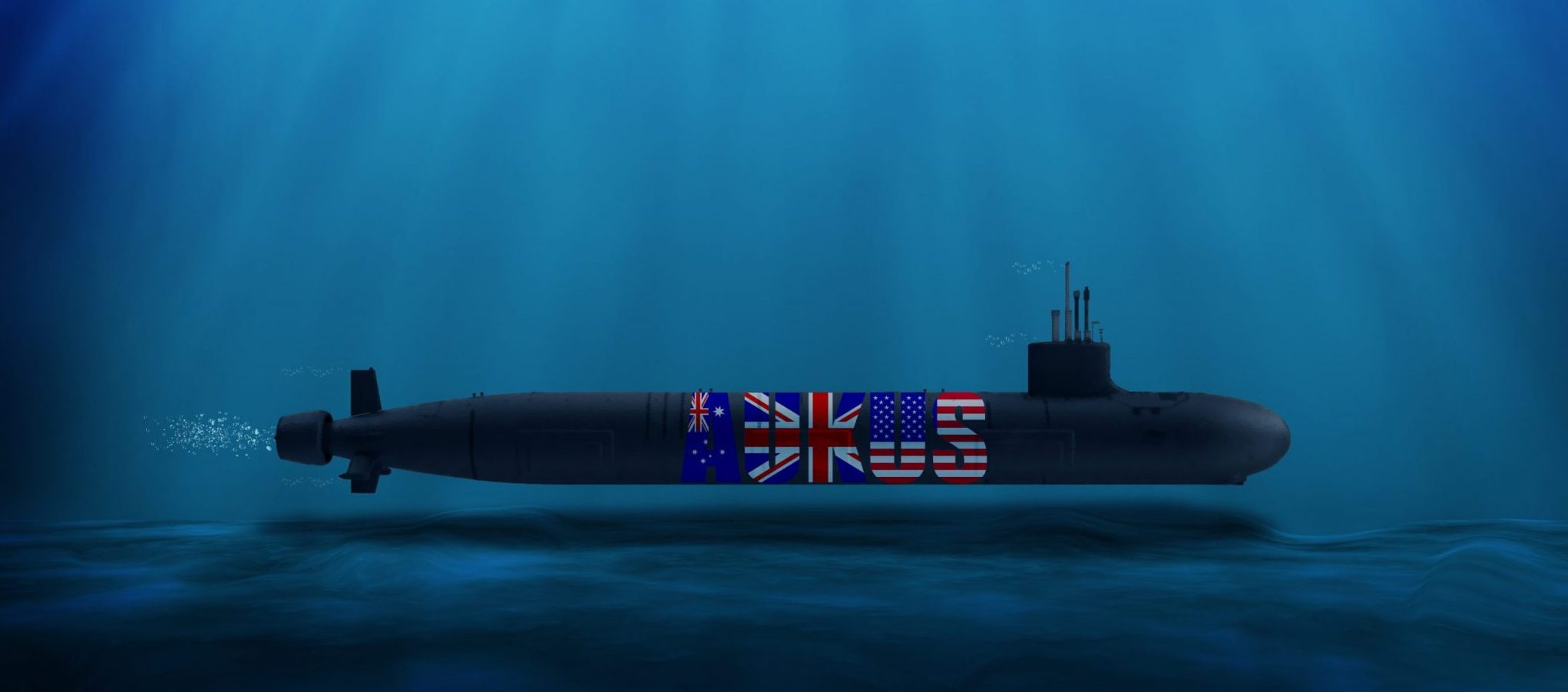The AUKUS agreement between the United States, Australia, and the United Kingdom represents an important step towards further integrating Australia into a concerted Pacific defense strategy, while providing U.S. allies with access to technology and hardware that allows them to take on greater responsibility for their own security. Unfortunately, a lack of transparency on the part of Australian and U.S. officials has offended another key ally, France, who had also pursued a defense agreement with Australia as part of its own Pacific strategy. The episode reflects both the tremendous benefits and possible pitfalls that come with any effort to deepen security cooperation, especially when billions in defense contracts hang in the balance.
Last year, the Alliance for Securing Democracy convened a taskforce comprised of a wide range of experts to develop an offset strategy for competing with authoritarian powers that maximized the advantages of democracies while playing to the weaknesses of autocracies. A strong alliance system based on trust and candor proved to be an essential pillar of the strategy that the taskforce produced, but our experts were not naïve to the challenges that come with building such ties. Even among allies who share essential values, differences in strategy or doctrine, domestic political concerns, and issues of national prestige can each create divisions that authoritarian regimes will eagerly exploit.
In the past few weeks, this dynamic has been on display in full force, with Chinese, Russian, and even Iran-backed media churning out stories emphasizing the gravity of the rift among U.S. allies. Such stories are unsurprising but can be minimized or avoided through better communication between democratic states, especially on issues of strategic planning around shared security challenges.
One step that ASD’s taskforce proposed was to further develop the D10—the G7 countries plus Australia, India, and South Korea—into a leading forum for political, economic, and strategic collaboration. Such an institution would provide new opportunities for cooperation, potentially on new multilateral approaches to global security, and certainly on governance, rule-of-law, and other key issues on which democracies have critical shared interests. A robust D10 would also grant greater representation to the world’s most populous democracy, while bringing the organization’s number of U.S. Pacific treaty allies from one to three.
The White House has begun taking steps to mend relations with France and will continue to need to work proactively to rebuild many relationships with allies that endured neglect or abuse under the previous administration. This means the United States will need to proactively draw established European partners into its strategy and policy practice in the Indo-Pacific. The AUKUS agreement came the same week as the EU Commission and the High Representative presented a joint communication on the Union’s Indo-Pacific Strategy. It was a missed opportunity to not work hand-in-hand with European allies as Europe kicks off a big-picture approach toward the region.
Ultimately, both Europe and the United States should seek to shrink their differences and make the most of the strong foundations they share. The transatlantic partners benefit from alliances based on shared values. These democratic alliances represent an enormous strategic asset that authoritarian regimes will continue to target with disinformation, propaganda, and attempts at manipulation. Open and honest dialogue between allies not only mitigates these threats but creates new opportunities for mutually beneficial agreements to be reached.
The views expressed in GMF publications and commentary are the views of the author alone.





